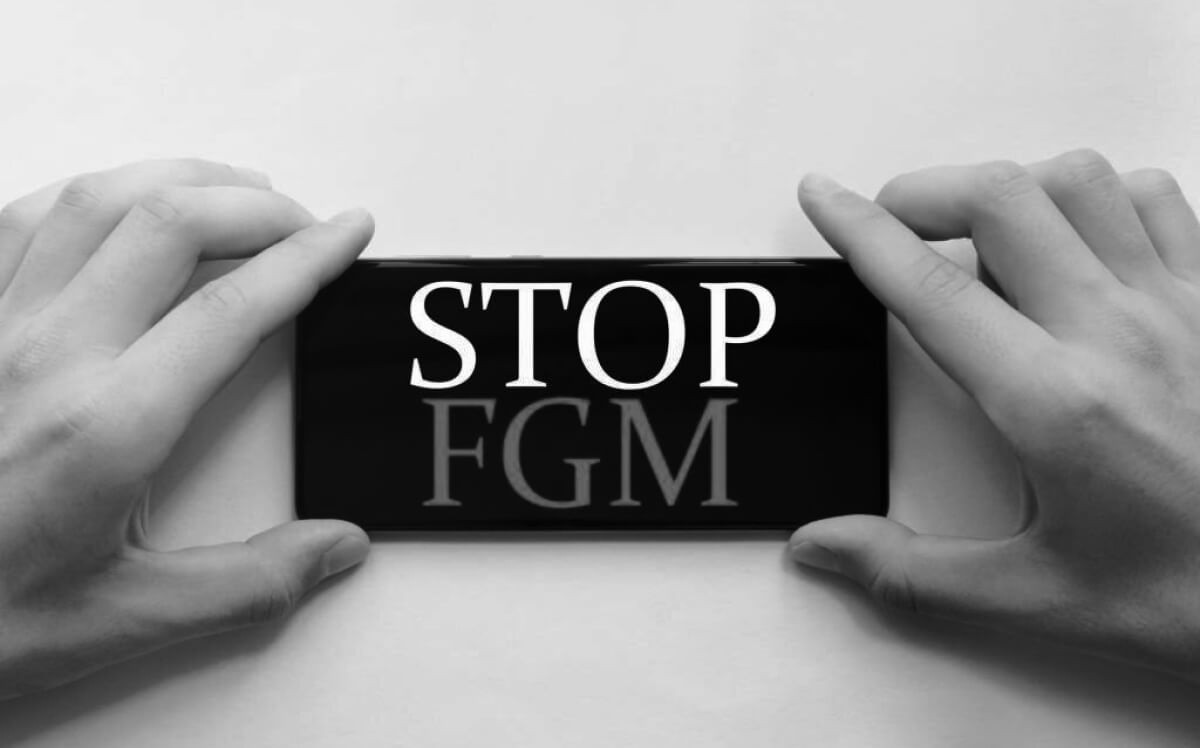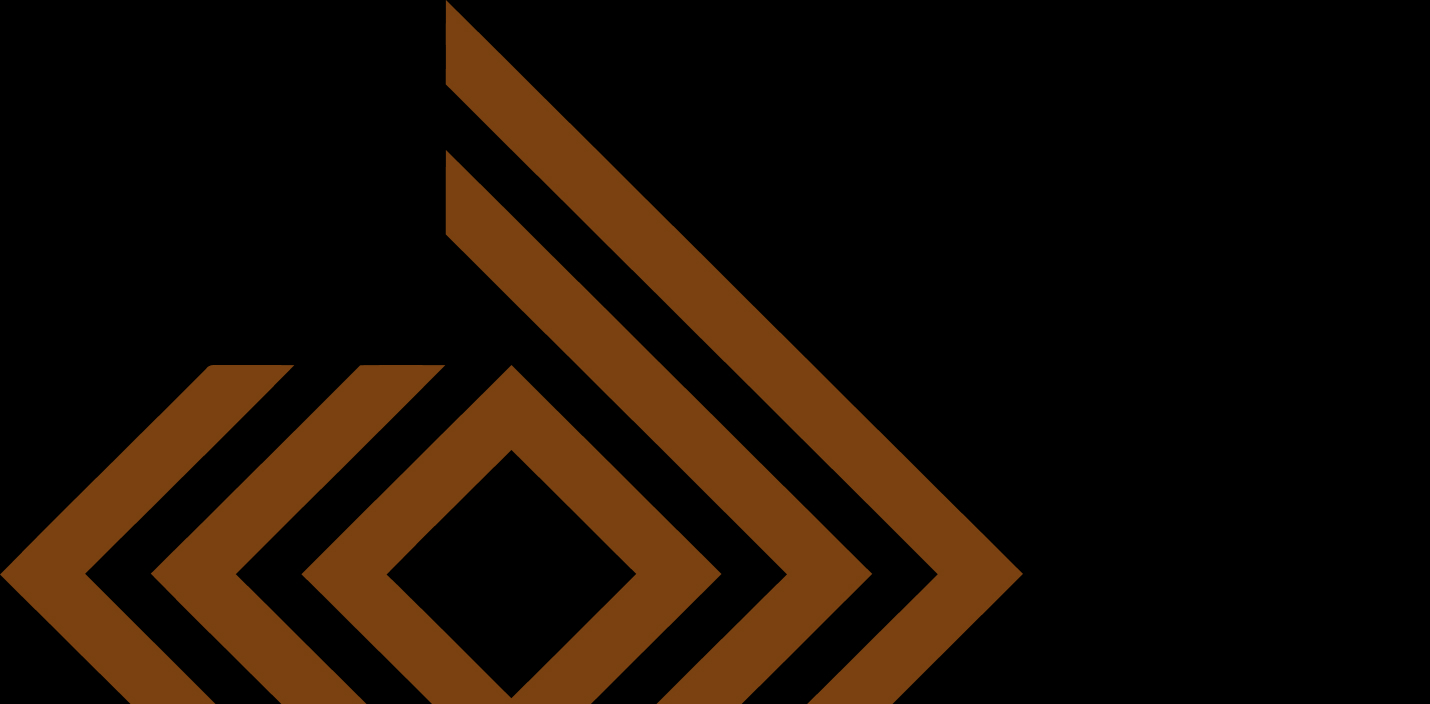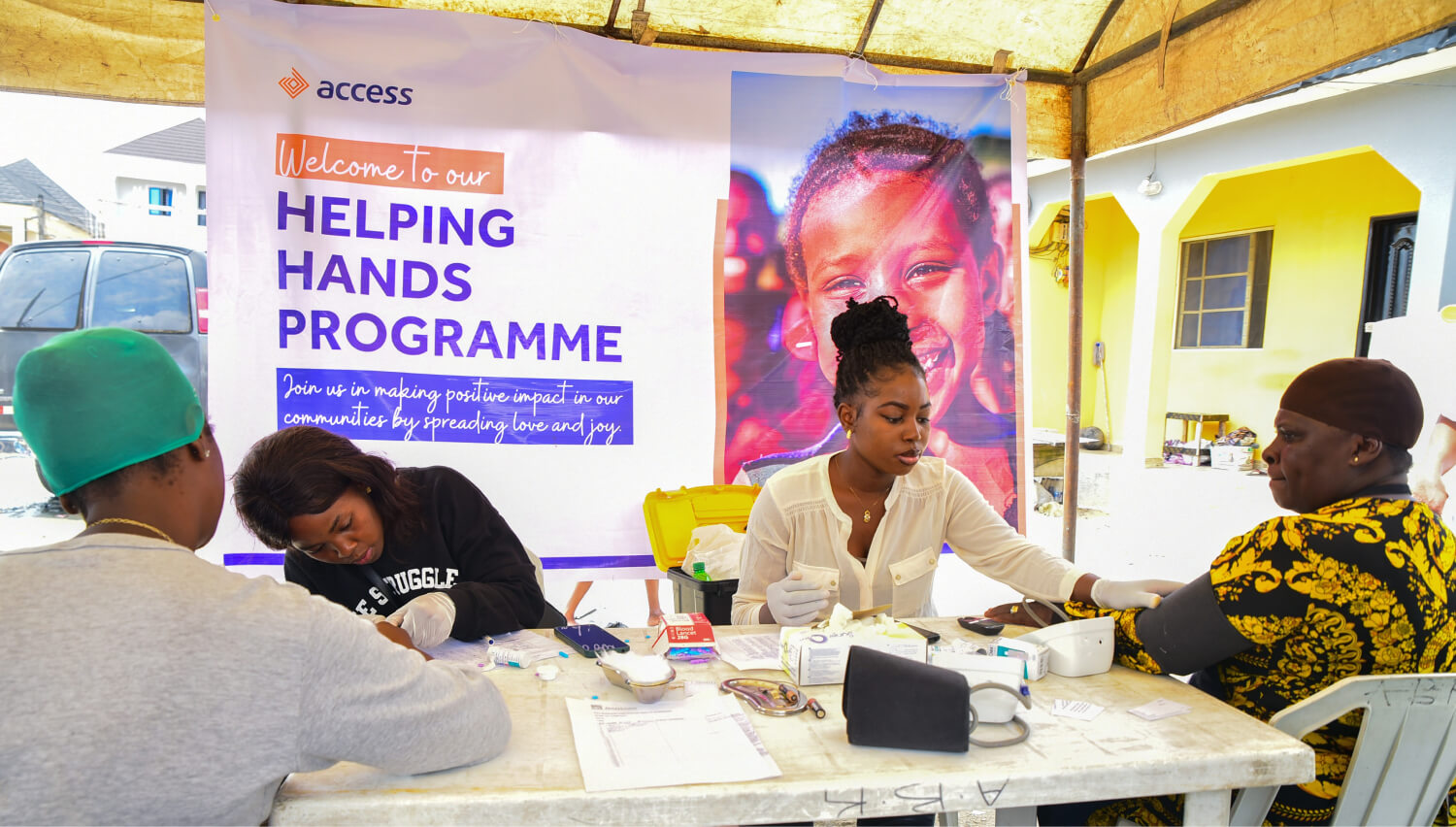Female Genital Mutilation (FGM) is a harmful practice that has no health benefits and has negatively affected over 20million girls and women in Nigeria today. It involves the violation of rights of children and violation of a person’s right to health, security, and physical integrity, the right to be free from torture and cruel, inhuman, or degrading treatment, and the right to life when the procedure results in death. This practice is deeply rooted in cultural beliefs and perceptions over decades and generations with no easy task for change. There are no health benefits of FGM, but it leads to diverse effects that places females at risk to infection, maternal complications and death.
A lot of efforts are being implemented to ensure that women and girls are protect from this harmful practice but there is still more to done as the COVID-19 pandemic lockdown measures placed more girls at risk to FGM. More lives are daily placed at risk of health complications due to this harmful tradition. Therefore, there is a need to advocate against this harmful practice by educating community members on Female Genital Mutilation and improving the capacity of existing structures put in place to protect women and girls.
Every year the 6th of February, the International Day of Zero Tolerance for Female Genital Mutilation/Cutting (FGM/C) aims to amplify and direct the efforts on the elimination of this harmful practice. This year the theme “No time for global inaction: Unite, Fund and Act to end FGM”, seeks to strengthen the collaboration among key stakeholders to adequately leverage resources, enhance program impact and expand global and national advocacy campaign towards ending Female Genital Mutilation/Cutting.
In commemorations of this year’s Zero Tolerance for Female Genital Mutilation/Cutting, Access Bank partnered HACEY Health Initiative to hold a series of intervention across 4 states with high prevalence of FGM in Nigeria. Firstly, we organised a conference to enable key stakeholders share their learnings and way forward on the fight against FGM/C in Nigeria, with over 100 participants consisting of NGOs, State Officials, Academicians, Media officers, community representatives, law enforcement officers, and students, in attendance. The key outcome of the conference was the call to action that covered key recommendations developed from the presentations by the speakers and created a clear pathway for all stakeholders to increase FGM reporting and increase collaborative effort and strategic partnership among stakeholders towards ensuring there is an end to FGM by 2030.
Secondly, we organized market sensitization programs focused on increasing the knowledge of the community members on female genital mutilation, its dangers, and the need to abandon it.
This sensitization process reached over 3,000 market women and men with information on FGM in Oje Market in Ibadan, Oyo State and Odori Market in Iwo, Osun State as well as the communities surrounding them.
Furthermore, we implemented the ‘Reach the Young Ones’ program with the support of the Ekiti State Technical Committee on FGM. This intervention reached over 3,300 students and teachers in 7 secondary schools in Ekiti and Ebonyi States, with information on Female Genital Mutilation and its impact on the health and productivity of young children.
Lastly, we organised a capacity building workshop in partnership with the Ministry of Health in Oyo, Osun and Oyo States for 47 security agents was organized to increase the ability of security agents to effectively handle cases of FGM by increasing their knowledge on understanding Female Genital Mutilation/Cutting (FGM/C), Female Genital Mutilation/Cutting (FGM/C) laws and policies and improving reportage of Female Genital Mutilation/Cutting (FGM/C) cases.







